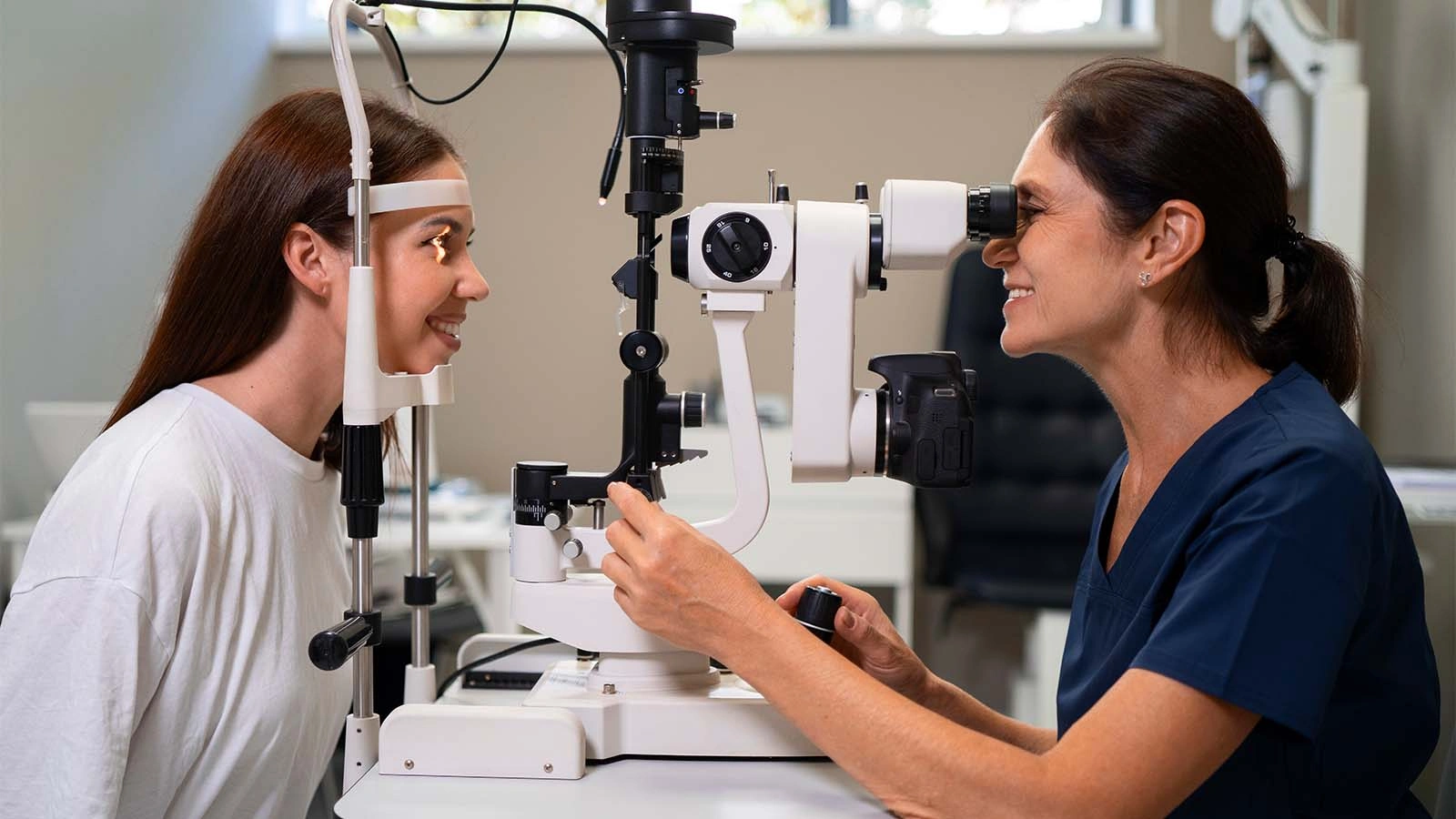
Embarking on a career in optometry requires a combination of academic preparation, practical skills, and personal commitment. Optometry, a growing field of healthcare, offers students an opportunity to pursue a career dedicated to the eye care of individuals. If you are about to start your journey in optometry, it's important to be ready not only academically but also mentally. Choosing the best bachelor of optometry course in West Bengal will play a crucial role in your preparation for success in this field. This guide will cover everything you need to know to help you prepare for your optometry classes, from the academic requirements to tips for staying organized throughout your studies.
1. Understand the Basics of Optometry
Before diving into optometry classes, it is essential to understand the core subjects and skills you will be studying. Optometry involves examining the eyes, diagnosing visual problems, and providing corrective measures like glasses, contact lenses, or even treatment for certain eye diseases. The subject areas you'll encounter during your bachelor’s degree will include anatomy and physiology of the eye, optometric instruments, visual science, and various types of refractive errors.
Familiarize yourself with the core subjects by reading basic materials and research articles. This will not only help you in class but also improve your understanding of the broader field of optometry.
2. Choose the Right College and Course
The first step to proper preparation is selecting the right course. As mentioned, opt for the best bachelor of optometry course in West Bengal, as the quality of your education will greatly influence your learning experience. Look for colleges offering up-to-date curriculums, practical learning opportunities, and strong faculty support.
Visit the college's website to gather information about the program, read about the alumni’s experiences, and check for accreditation. Speak with current students, if possible, to get a clear picture of what to expect in terms of workload, student life, and resources.
3. Brush Up on Your Science Background
Optometry is a science-heavy field, and having a solid background in biology and physics can give you a head start. Focus on subjects like biology, anatomy, and general physics, as they are fundamental in optometry studies. Understanding the human eye, light principles, and the optics involved is key to mastering optometric concepts.
If you feel like your background in science is a bit weak, it may be helpful to take refresher courses in these subjects before starting your classes.
4. Be Ready for Hands-on Learning
Unlike many theoretical courses, optometry requires a great deal of practical application. As part of your preparation, familiarize yourself with the basic tools of optometry, such as the slit lamp, retinoscope, and ophthalmoscope. Many optometry schools offer workshops or introductory courses during the orientation phase of the program, but it’s helpful to get a sense of these instruments ahead of time.
Being comfortable with the equipment will make it easier for you to transition into hands-on practice in the lab. Additionally, try to develop a sense of professionalism in how you approach patient care. This will be important during clinical placements and in working with real patients.
5. Cultivate Strong Time Management Skills
Optometry programs are intense and require dedication. Managing your time effectively is key to staying on top of your assignments, labs, and exams. The coursework in optometry can be rigorous, often involving both theoretical knowledge and practical applications.
To prepare, start building strong time management habits now. Use planners or digital tools to organize your study schedule. Prioritize your tasks and break them into manageable chunks. By doing so, you’ll develop the ability to juggle various aspects of your coursework effectively.
6. Take Care of Your Health
Optometry involves long hours of focused study, particularly when working with patients or reading materials in-depth. To perform well, it's essential to take care of your physical and mental health. Good nutrition, regular exercise, and enough sleep will help keep you sharp and ready for your studies. Stress management is also important, as rigorous programs can become overwhelming at times.
Consider incorporating some stress-reducing activities into your daily routine, like yoga or meditation, to help maintain focus and mental clarity.
7. Build Your Network
Building a network with fellow students, professors, and alumni can provide you with valuable insights and support throughout your journey. Attend any events hosted by the optometry program or your school’s student organizations, and make an effort to introduce yourself to people in the field. Building these connections early on can help you later, both academically and in your future career.
Additionally, seeking out mentorship from senior optometry students or professionals can provide invaluable guidance as you navigate your academic path.
8. Stay Updated with the Field
Optometry is a constantly evolving field, with new technologies, treatments, and trends emerging regularly. Staying updated on industry developments will enhance your understanding and help you remain engaged in your studies. Follow reputable journals, read online articles, and attend webinars or workshops related to optometry.
By staying current with the field, you will have a broader perspective and be better prepared to integrate new knowledge into your studies.
9. Prepare for Clinical Practice
In your optometry program, a significant portion of your education will involve clinical practice, where you’ll interact directly with patients. These hands-on sessions are essential for refining your clinical skills. To prepare, practice communication skills and empathy—being able to speak with patients confidently and with care is as important as understanding the technical aspects of eye care.
Additionally, learning basic patient history-taking, diagnosing symptoms, and recommending treatments will give you a head start when you enter the clinical environment.
10. Embrace Lifelong Learning
Optometry is a career that requires continuous learning. Technologies in eye care, such as new diagnostic tools and surgical techniques, evolve rapidly. As you enter your optometry classes, be prepared for lifelong learning. Stay open to new ideas and advancements that may arise in the field after you complete your degree.
Conclusion
Proper preparation for optometry classes involves both academic readiness and personal commitment. Understanding what to expect, building a strong foundation in science, familiarizing yourself with optometry tools, managing your time well, and maintaining a healthy lifestyle are essential steps to prepare for a successful career in optometry. With the right attitude, support, and preparation, you will be on your way to excelling in your optometry classes and beyond. Contact us for more information.
